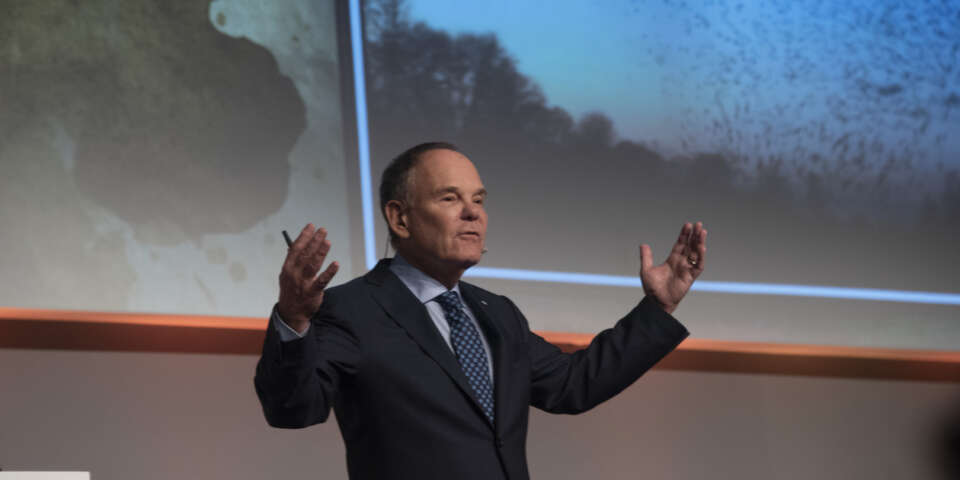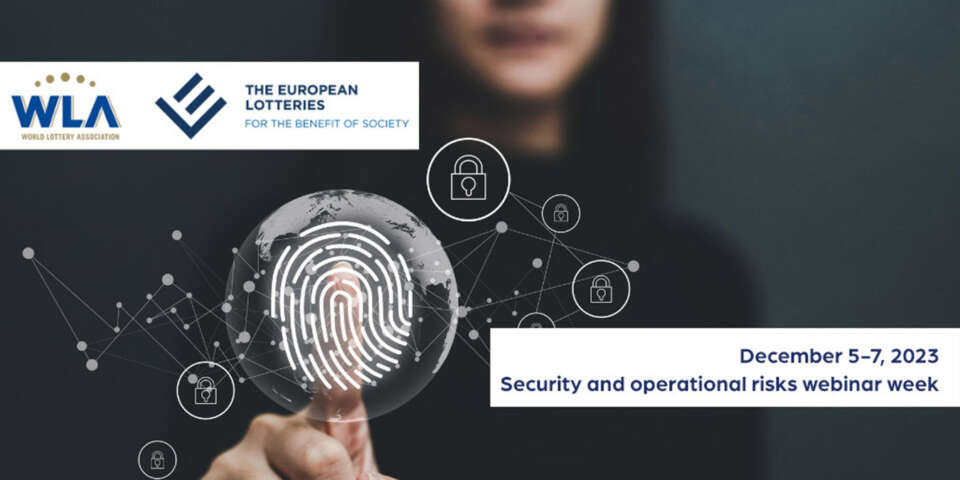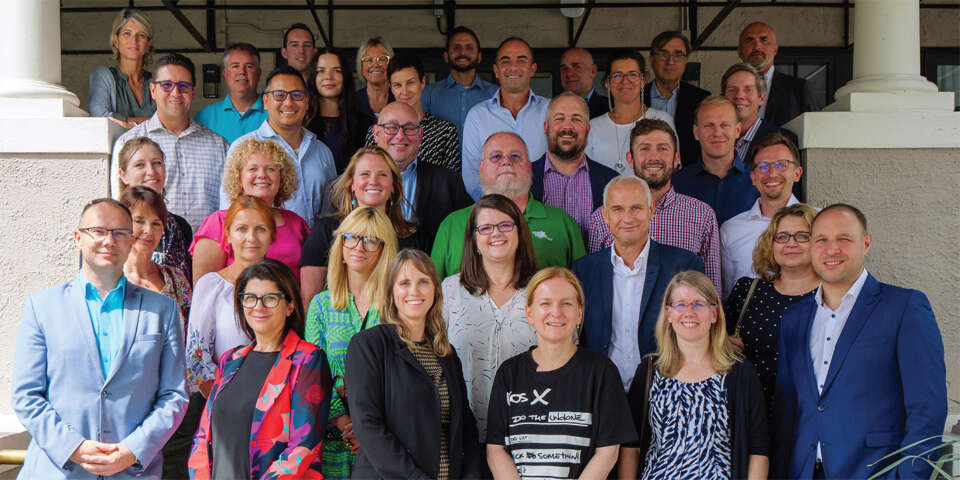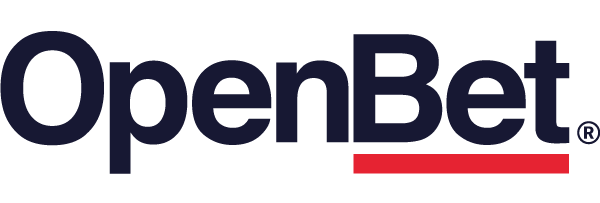Don Tapscott is one of the world’s leading authorities on the impact that technology has on business. He has written more than a dozen books on the subject, including Wikinomics: How Mass Collaboration Changes Everything, which has been translated into over 25 languages. He has been introducing groundbreaking concepts for over three decades. His most recent and ambitious book, Blockchain Revolution: How the Technology Underlying Bitcoin is Changing Business, Money and the World was co-authored with his son, startup CEO and bitcoin governance expert Alex Tapscott. Clay Christensen of Harvard Business School heralded the 2016 publication as “the book, literally, on how to survive and thrive in this next wave of technology-driven disruption.” In 2017, Don and Alex co-founded the Blockchain Research Institute. On Tuesday, November 20 at the World Lottery Summit 2018 (WLS 2018) in Buenos Aires, Don Tapscott talked about how this is a very exciting time for technology and business, and for lotteries in particular.
Many of the fundamental concepts of the lottery are subject to change in the face of technology. Not only will this result in better business, but in a more trusting environment, he pointed out. As Tapscott wrote books throughout 80s and 90s he began to reflect on where the world was headed, and came to the conclusion that the digital age is entering a second era in which machine learning and artificial intelligence are starting to do things they haven’t been programmed to do, and technology is progressing much more quickly than we realize. “Also, I came to the conclusion that the foundational technology for this second era is the underlying technology of cryptocurrencies like Bitcoin.” That technology is blockchain.
An Internet of information
The Internet is a network of information, in which copies of information are sent. “That works fine for information,” he says. “But when it comes to assets like money or securities, or even lottery tickets, sending copies of those things is a terrible idea.” That also includes cultural assets such as art or music. Votes, too, are assets, something of value which belongs to a specific person. You don’t want anyone to copy your vote, or your identity. “And if I send you a thousand dollars,” he points out, “It’s really important that I don't still have the money, right?”
This is known to cryptographers as the double spend problem. This is managed in our economy by intermediaries such as banks, governments, and credit card companies. Now large social media companies, too, are getting involved in the act. They perform all of the business and transaction logic for every type of commerce. They identify who you are, identify the asset, and clear and settle transactions and keep records. In general they’ve done a good job, but the problems are growing. These intermediaries tend to slow things down in order to take advantage of the money in the meantime. The biggest problem, according to Tapscott, is that we now have a bifurcation of wealth. Because of it, for the first time ever in most OECD countries, economies are growing while the middle class is declining.
An Internet of value
What if there was not only an Internet of information, but also an Internet of value? What if there was some kind of vast, globally distributed ledger, where everything of value, from money to stock to a lottery ticket or a vote could be managed and transacted in a secure and private way? In this network, trust would not necessarily be achieved by the middleman, but by cryptography and collaboration and some clever code.
That’s where Bitcoin comes in. Bitcoin was invented to solve the double spend problem. It’s a non-fiat currency. It’s a cryptocurrency which is not controlled by a nation state. That’s the real opportunity underlying blockchain technology. “Because now, for the first time ever, people can transact and trust each other peer to peer. And that's an extraordinary thing,” Tapscott says. “It’s the first native digital medium for trust.”
How blockchain works
Tapscott says it took him five years to be able to explain blockchain in three minutes, and he did it again at the World Lottery Summit. Here it is in his own words:
“That thousand dollars I sent you is broadcast out to a global network of millions of computers all using the highest levels of cryptography. And all around the world is a group of people called miners … like gold miners. And these miners do a lot of work to discover the truth. They have massive computing power estimated to be 50 times bigger than Google.
“Every ten minutes, sort of like the heartbeat of the network, a block gets created, and that block contains all the transactions from the last ten minutes. For example, the fact that two people bought and sold something… or the fact that two people got married, or a land title was registered, or someone bought and sold a stock, or someone bought and sold a lottery ticket, or a whole bunch of people got together and bought a lottery ticket… It could be any transaction.
“And then the miners do all this work using their computers to validate that block, and the first miner gets paid some of the cryptocurrency from that blockchain, and then, this is the important part, that block gets connected to the previous block and the block before that to create a chain of blocks.
“If I wanted to hack that block, say, to take that 1000 dollars and to pay you, or to buy lottery tickets with the same money, I’d have to hack that block plus the previous block, because they’re connected with a digital wax seal. I’d have to hack every transaction that ever occurred in the history of that network, not on just one computer, but across millions of computers all around the world simultaneously, all of those computers using the highest levels of cryptography.”
In comparison to the current system, where it can take days or even weeks for someone to get paid, with blockchain there would be no settlement period because the payment and the settlement would be the same activity. It would just be a change to the ledger, and there would be no counter-party risk involved. With blockchain, there would be no delay and therefore no cost to intermediaries. The financial industry is still trying to figure out what the repercussions of all this will be.
In books, the financial industry is described as being big and complicated, but it actually does eight simple things:
- It authenticates in a test of value that you are who you say you are.
- It transfers value in the form of money, stocks, securities, etc.
- It stores value.
- It lends value, for example commercial lending, debt, loans, etc.
- It exchanges value, payment systems, and stock exchanges
- It funds and invests value, with venture capital, investment banking, mutual funds, etc.
- It insures value and manages risk, with insurance companies, reinsurance, etc.
- It accounts for audits and revalue. This includes the major accounting and auditing companies.
“If I had more time,” Tapscott says, “I could describe to you how every one of these can be eliminated by some distributed applications on a blockchain.” According to Tapscott, the audit as we know it will be gone in ten to fifteen years. That’s because we’re about to get triple-entry accounting where there’s a real-time balance which is available to anyone. An audit will be done in half an hour, because the data will be instantly available.
Application to lotteries and gaming
Blockchain technology can now be extended to lotteries and gaming in general. There are big issues here, which are also opportunities: fair play and trust issues are major ones, because users of lotteries are often skeptical about fraud when they notice a lack of transparency. There’s a trust deficit in sports betting, as well. Everyone wonders what’s going on behind the scenes.
Another issue is the collection of winnings. In some countries it can take a long time to collect winnings, and there have been all kinds of problems with large groups of people purchasing one ticket. So there are a number of challenges, and blockchain can help.
This is a new technology that enables us to do new things. How is your organization going to find the leadership to make this change? The big problem is that when you get a new paradigm, vested interests fight against change, and leaders of all paradigms have great difficulty embracing the new. This is a leadership challenge for senior executives. Leadership is your opportunity to bring about this change. And what an exciting time this is to be in business and to be trying to build a better world! Can you do this? Should you do this? “I think the future is not something to be predicted, it’s something to be achieved, and we can achieve a very different future if we want it,” Don Tapscott says.










